Top-level design
China and countries in Latin America and the Caribbean are fellow developing nations that hold common political aspirations, face similar development tasks, and can benefit from complementary economic strengths.
Spanning one-fifth of the world's land area and accounting for one-fourth of the global population and economy, China and the LAC nations combined represent one of the most dynamic and promising regions on the planet.
"Our shared aspiration for independence, development and rejuvenation has brought us closer together," Xi said.
Since the turn of the century, ties between the two sides have grown rapidly. Both sides realized they needed something more than the traditional one-on-one tango — a broader framework for cooperation.
During the CELAC summit in Cuba in early 2014, Latin American and Caribbean leaders expressed support for such a framework. Xi welcomed the move, saying that "the time is ripe".
In July 2014, Xi flew across half the globe for his second visit to the region as head of state. He was heading for a BRICS summit in Brazil, state visits to some countries in the region, and a historic moment — the first meeting between leaders of China and Latin America and the Caribbean.
In the Brazilian capital, Brasilia, the leaders announced the establishment of the China-CELAC Forum, an institutional framework to advance the vision of building a China-LAC community with a shared future.
At the meeting, Xi laid out the guiding principles for this comprehensive cooperative partnership — equality, mutual benefit and common development. Backing his proposal was a road map driven by trade, investment and finance.
Six months later, the inaugural ministerial meeting of the forum was held in Beijing, turning the vision of an overall cooperation platform covering China and all 33 countries in Latin America and the Caribbean into reality.
Observers said this marked a new phase of China-LAC ties, in which China's cooperation with the region as a whole complements and strengthens its bilateral relations with individual countries in the region.
Xi proposed principles for the forum's growth — equal partnership, shared wins, flexibility and pragmatism, and openness and inclusivity.
Comparing it to a seedling just breaking through the soil, he said that "the forum needs the dedication and cultivation of both sides for it to grow bigger and stronger".
In the decade that has followed, Xi has provided consistent support to nurture this forum. At each of the three previous ministerial meetings, he offered clear guidance that helped shape the forum's development at key moments in its evolution.
Under the guidance of Xi and his Latin American and Caribbean counterparts, the forum now hosts a constellation of institutional interactions, such as ministerial meetings, dialogues among foreign ministers, coordinators' meetings, and a growing number of specialized subforums ranging from digital technology to poverty reduction.
Chai Yu, director of the Institute of Latin American Studies at the Chinese Academy of Social Sciences, said that Xi has led by example in advancing the forum's development, which is key to deepening political trust and building consensus on cooperation.








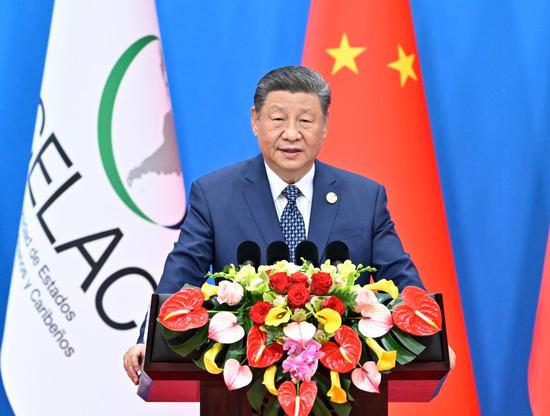



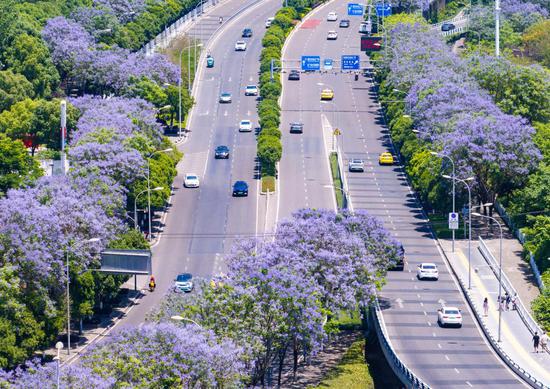
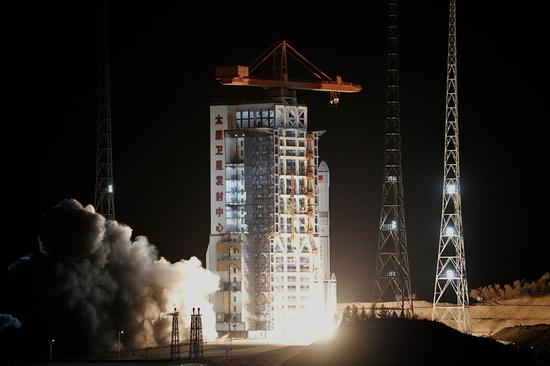
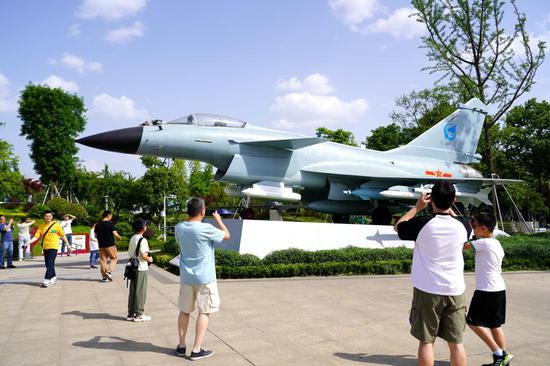


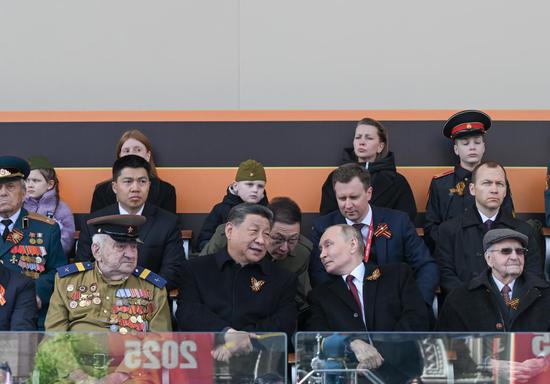

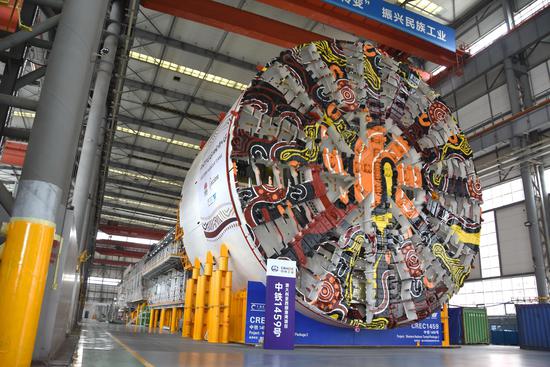

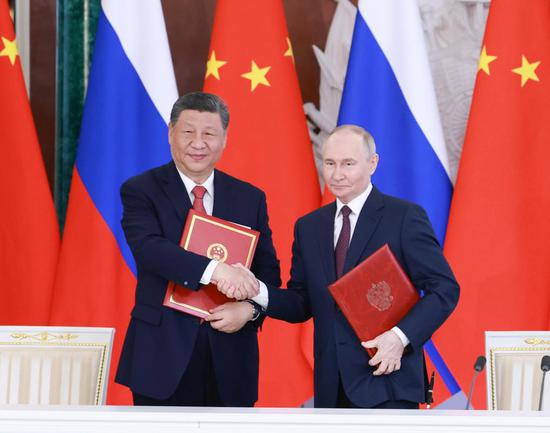
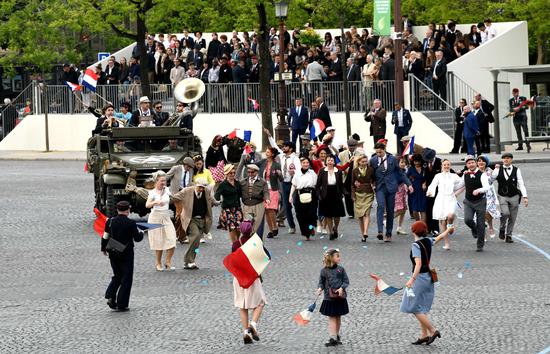
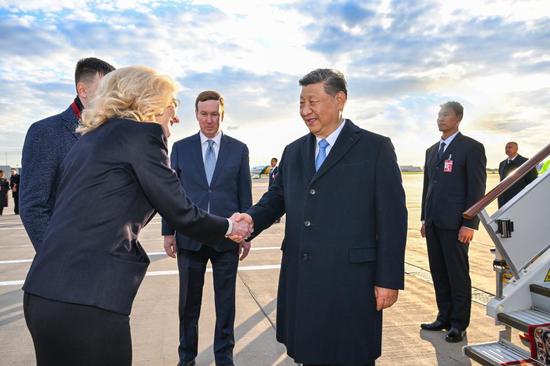

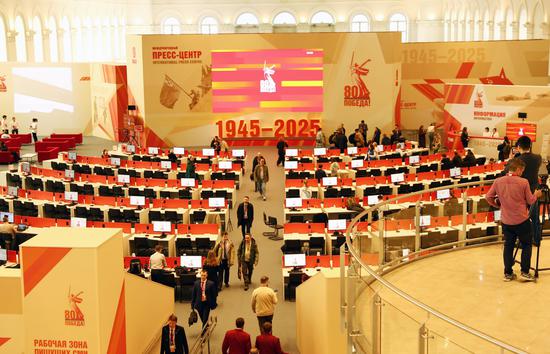


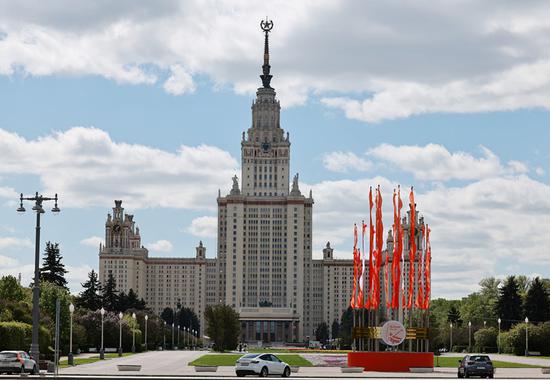





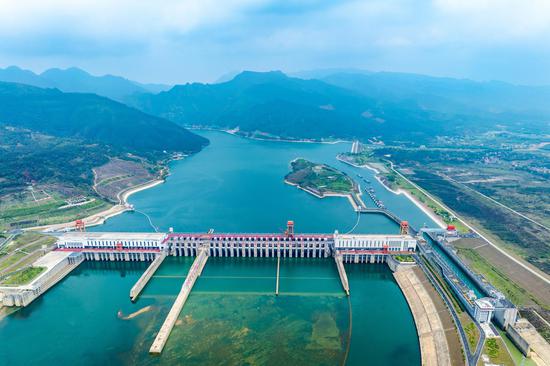

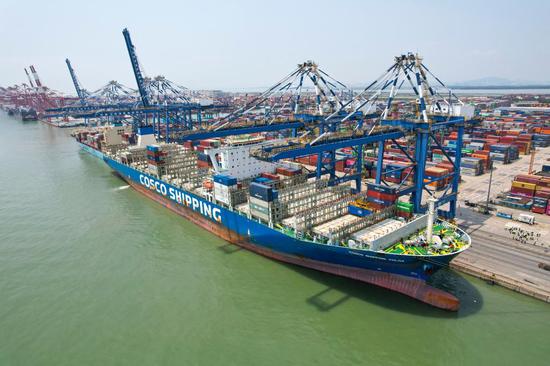
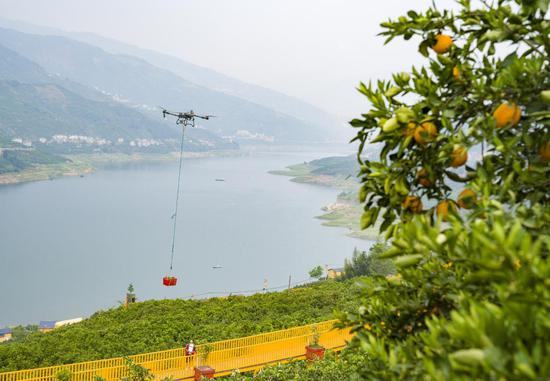
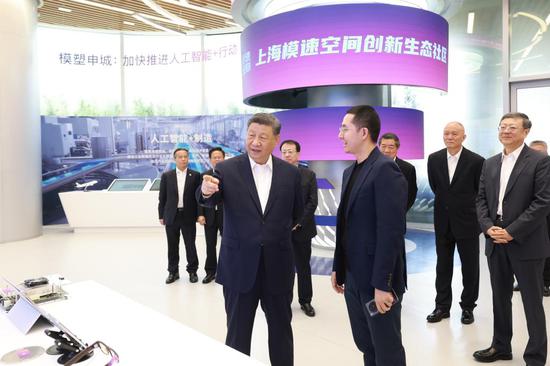


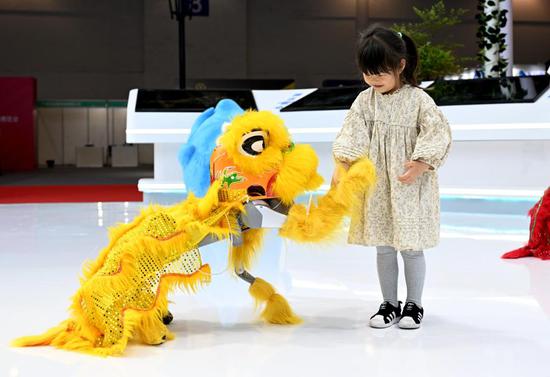

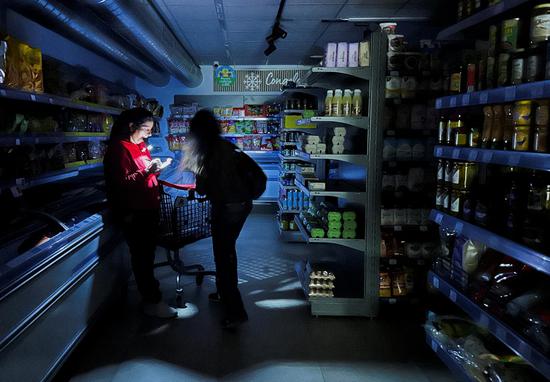






 京公網安備 11010202009201號
京公網安備 11010202009201號